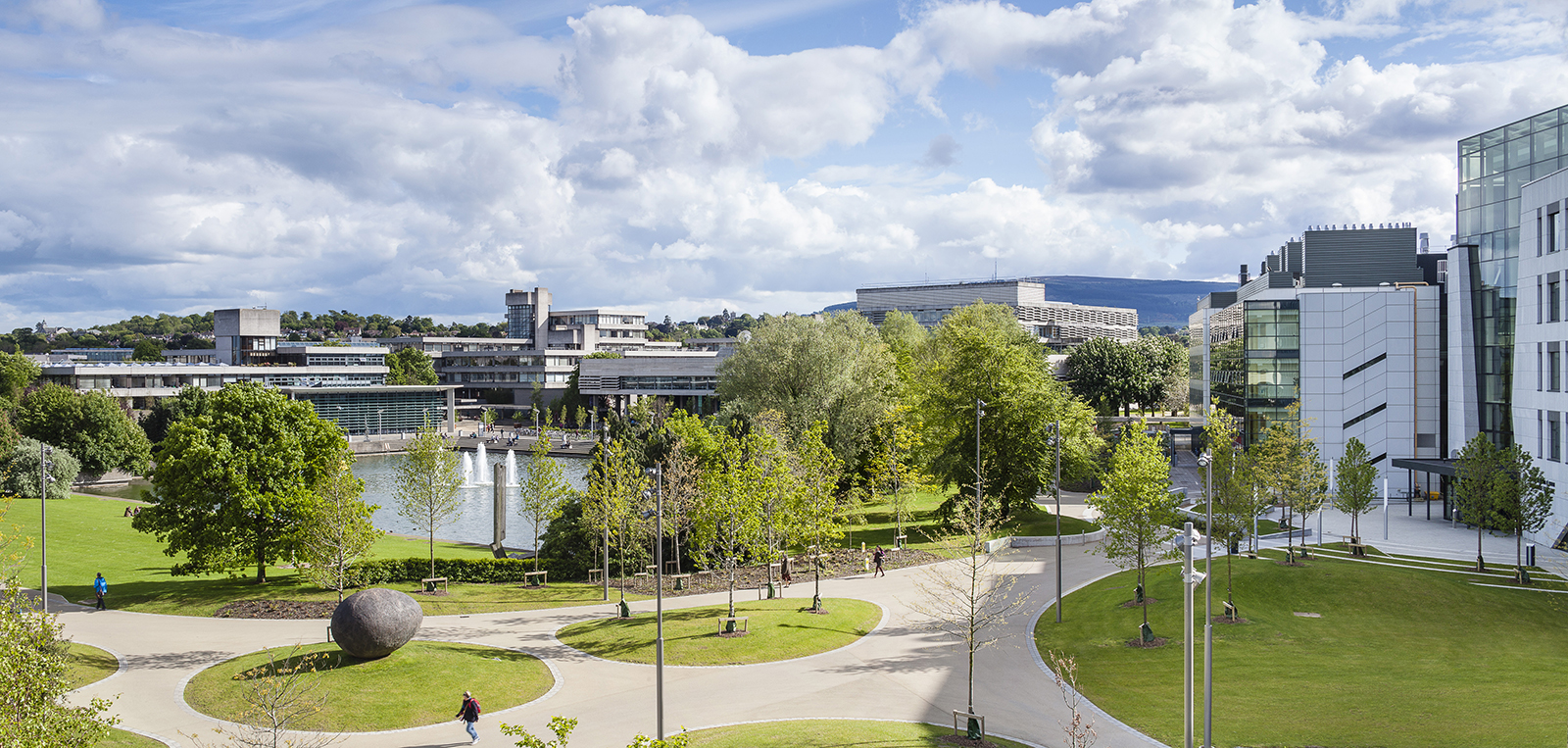Critical geopolitics is concerned with the geographical assumptions and designations that underlie the making of world politics. Critical geopolitics aims to elucidate and explain how political actors spatialize international politics and represent it as a “world” characterized by particular types of places. This module explores Critical Geopolitics as an approach to understanding political geographies. It begins by examining how Critical Geopolitics has emerged in Human Geography and the reaction and misuse of ‘Geopolitical’ thinking in Europe. The module will examine conceptually and analytically the nature of Critical Geopolitics. Much of the empirical context for the module will be the EU politico-economic project. The module examines the notions of space and place in European elite thinking, situated political practices in EU governance, and EU elites' construction and implementation of geopolitical narratives. The nature of political change in Europe is interpreted through these components.
Geopolitics and the Global Economy
The MA Geopolitics and the Global Economy is the most popular Graduate degree programme offered by the School of Geography and has been in existence for over a decade. It is led by Professor Alun Jones, Member of the Irish Academy and Academia Europea, and Fellow of the Academy of Social Sciences in the UK. It equips students with an in-depth understanding of critical political geographies and geopolitics, international relations, war and diplomacy as well as global economic processes.
The programme is designed to enhance conceptual understanding, analytical abilities, and practical skill sets through small group
teaching, appraisal of up to date readings, and student engagement with geopolitics through face to face interviews with political elites and diplomat practitioners. To this end, high-level fieldwork in Brussels is offered exclusively for students on this programme.

Any queries?
Our team and programme directors are always happy to hear from prospective applicants. Click the link below and fill out our contact form, and our team will be able to share more about the programme and any of our upcoming events.
Indicative Course Content
This module is exclusive to the MA Geopolitics and will be taught through a residential field class in Brussels. This 4/5 day field class will see you explore Brussels as a 'place', enabling you to recognise and interpret the key geopolitical processes in place and appraise their significance and effect. The field class will involve literature preparation, field class planning, interviewing and discussion by all students.
Geographic Information Systems (GIS) allow the acquisition, storage, analysis and visualisation of location-based data. This core module will introduce you to ArcGIS, the most widely used GIS software package. It will enable you to understand conceptual, theoretical and practical geographical considerations and, most importantly, gain practical GIS skills for their use and application. These skills will cover spatial data creation, sourcing, management, mapping and geoprocessing.
The module is delivered mainly through hands-on computer lab-based practicals, complemented with lectures covering theory and analytical themes that GIS are designed to handle. The practicals will focus on analysing, visualising and interpreting spatial data to support environmental and socio-economic assessments, using demonstrative examples and problem-solving exercises. A significant part of the learning will be self-directed, allowing you to develop your skills and spatial awareness by designing and delivering a spatial analysis project tailored to individual research and/or interests.
This module allows you to build your understanding of the spatialities of power and inequalities. With a focus on Critical Geographies, the module explores with students how, that is how power and inequalities are central to the creation of places, cities, rurals, regions, nations, transationalisms and scales and how these, in turn, are formed through power and recreate inequalities. Areas for discussion will vary annually and may include queer theory, feminism, intersectionality/critical race studies, postcolonialism/decoloniality, Marxism, radicalism, anarchism, and non-representational approaches.
Following expert introductions to key areas of critical geographies, students will work with the module coordinator to choose readings and scholarly and activist materials in their areas of interest. They will present these materials in class, developing discussions and everyone’s learning. Assessment will be developed with the module coordinator and led by the students. Options include in-depth theoretical essays, explorations of key activisms/movements using materials and scholarly literature, videos or performances.
This course covers both theoretical and thematic topics in the field from the perspective of the "American" school. It examines the central issues in IPE of trade, money, foreign investment, globalisation, regionalisation, and the politics of the illicit global economy. The module considers the historical evolution of international economic governance before turning to contemporary issues, including the rise of the BRICS countries, Brexit, Trump and the emergence of economic nationalism.
Cyber security is no longer the exclusive preserve of disciplines like computer science or computer engineering. Instead, understanding cyber security has become a critical skill for all of us. This module will help you look at the ways in which new technologies, including the internet, are having a growing impact on global politics – and our lives. You will investigate the meaning of the Information Revolution and cyberspace; analyze the extent to which new techs have changed traditional features of both global and US politics; and discuss their implications for international conflict and the development of international norms, among other issues.
Careers
he Programme has regularly attracted high calibre students from leading Irish, European, North American and Chinese universities. Many of its graduates have gone on to lead highly successful careers in:
- European policy making (including the European Commission)
- Departments of State
- International NGOs
- Research/Policy Consultancies, and Journalism.
Graduate success has been firmly based on the skill sets offered in the programme including: critical approaches to international relations, in-depth assessments of contemporary geopolitical changes and interactions, and first hand engagement and networking
opportunities with senior diplomats and political representatives in the European Union on a range of pressing geopolitical concerns
including Brexit, EU enlargement, and EU foreign and security policy.
UCD School of Geography is ranked in the top 100 Geography schools in the world. Also, UCD Careers Network is a department dedicated to helping you get the best in your career search. In addition to hosting a range of careers fairs, workshops and college-specific employment presentations, you can avail of one-to-one consultations with a career professional specialising in your area. All of this is free for UCD students. As of 2020, for the fourth year in a row, University College Dublin is proudly ranked number one in Ireland for graduate employability by (opens in a new window)QS World University Rankings and 78th in the world.
